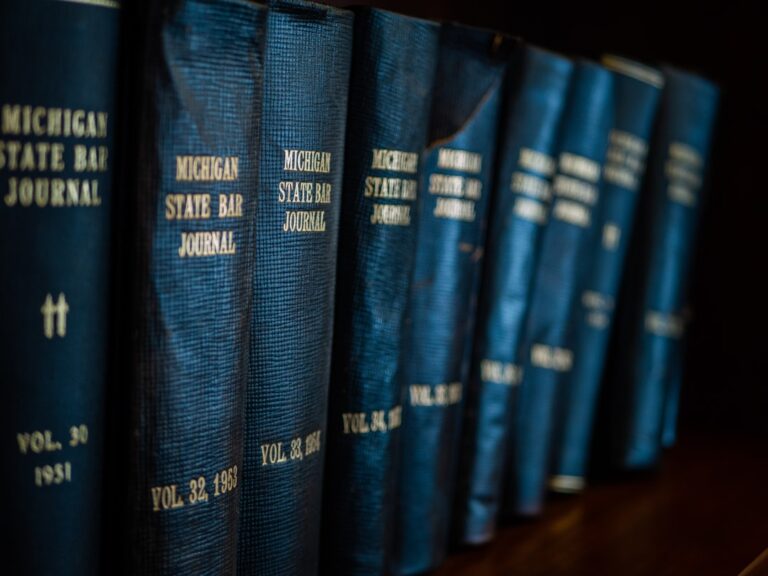In Hattiesburg, Mississippi, education levels impact access to legal representation for school abuse cases, with lower attainment hindering understanding of rights and legal processes. Income disparities further exacerbate this issue, affecting families below the poverty line who lack competent legal counsel, leading to increased vulnerabilities and systemic inequalities. Legal services and organizations offering free or low-cost aid are crucial in eliminating these disparities, ensuring equal access to justice for all, especially school abuse victims, regardless of socioeconomic status.
In Hattiesburg, socioeconomic factors significantly influence access to legal representation, especially in sensitive cases like school abuse. This article delves into three key areas: education levels and their correlation with legal aid access; income disparities impacting school abuse cases; and the role of Mississippi’s legal services in overcoming these barriers. Understanding these interconnected issues is crucial for fostering justice and ensuring every resident, regardless of socioeconomic status, has equal protection under the law, particularly when seeking legal recourse for school abuse.
Education Levels and Legal Aid Access in Hattiesburg

In Hattiesburg, Mississippi, education levels significantly impact individuals’ ability to access legal representation. Lower educational attainment often correlates with limited understanding of legal processes and rights, making it more challenging for individuals to navigate complex legal systems. This is particularly concerning in cases of school abuse, where victims may require specialized legal aid to protect their rights and seek justice.
Those with higher education levels are more likely to be aware of their entitlements and equipped to communicate effectively with lawyers. As a result, they tend to have better access to quality legal services. In contrast, individuals with limited education may struggle to find affordable or accessible legal representation, exacerbating existing socio-economic disparities in the region.
Income Disparities and Their Impact on School Abuse Cases

In Hattiesburg, Mississippi, income disparities significantly impact access to legal representation in school abuse cases. Individuals and families living below the poverty line often lack the financial resources to secure competent legal counsel, leaving them vulnerable during proceedings that could determine their children’s safety and well-being. This economic gap exacerbates existing inequalities, as those with lower incomes may not receive the same level of protection or support as their more affluent counterparts.
The consequences are profound. Without adequate legal representation, victims of school abuse—especially in cases involving negligence, harassment, or discrimination—may face challenges in navigating complex legal systems and securing justice. This can result in prolonged suffering for the affected individuals and a cycle of systemic disadvantage that perpetuates societal inequalities. Access to a skilled school abuse lawyer becomes not just a privilege but a necessity, crucial for ensuring that everyone, regardless of socioeconomic status, has an equal chance to pursue justice and receive adequate compensation or protective measures.
Mississippi's Legal Services: Addressing Socioeconomic Barriers

In Mississippi, legal services play a crucial role in addressing socioeconomic barriers that often hinder access to justice. The state recognizes the impact of poverty and its correlation with limited legal representation, particularly for vulnerable populations like school abuse victims. Organizations dedicated to providing legal aid ensure that individuals from low-income families can navigate complex legal systems and assert their rights.
These services are instrumental in addressing disparities, especially in rural areas like Hattiesburg. By offering free or low-cost legal assistance, they empower residents to seek redress for various issues, including school abuse cases. This initiative not only guarantees equal access to justice but also fosters a more inclusive legal landscape where socioeconomic status is not a determining factor in one’s ability to secure representation.






